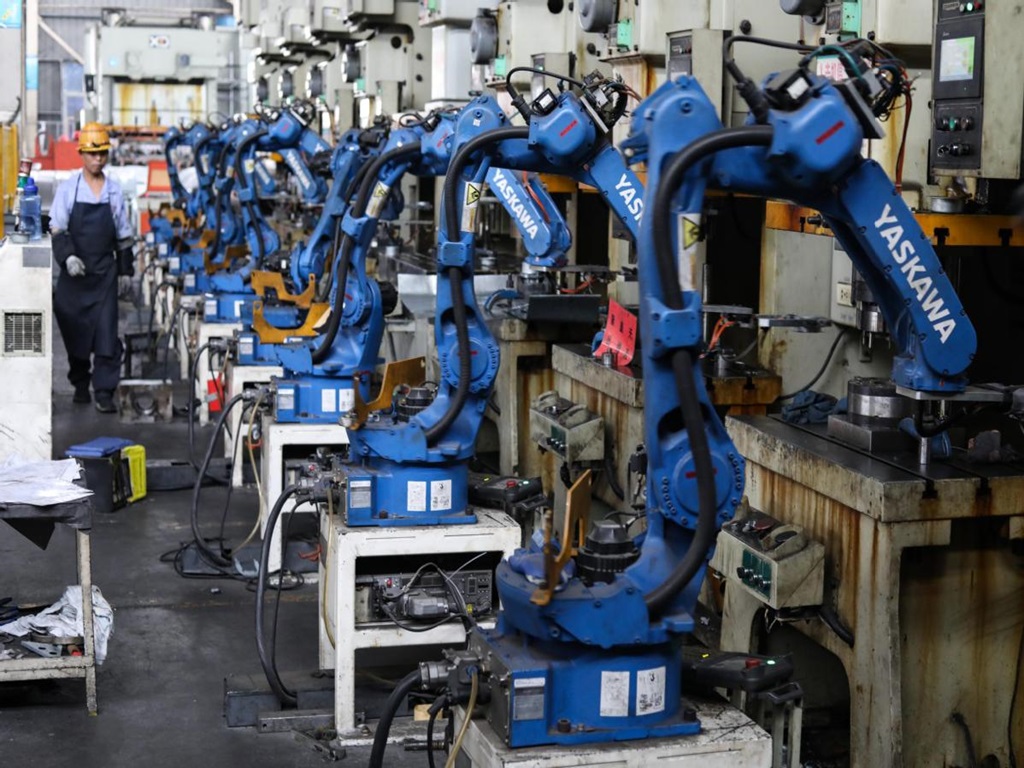Insights from the 3rd Plenary of 20th Central Committee 2024

The 3rd Plenary Session of the 20th Central Committee of the Communist Party of China(CPC) marked a pivotal moment in the country’s ambitious journey toward comprehensive reform and modernization. As the CPC sets the stage for high-quality development, this session highlighted innovative policies and strategies that will serve as a cornerstone for China’s socio-economic transformation.
A New Economic Paradigm
At the heart of the discussions was a commitment to economic restructuring. Recognizing the need to move away from traditional industries, the CPC emphasized the importance of adopting a more balanced and sustainable growth model. This transition involves nurturing new growth drivers—such as technology, services, and green industries—while phasing out reliance on outdated and unsustainable economic practices. The leadership underscored the necessity of policies that stimulate innovation, enhance productivity, and improve economic efficiency, all designed to create a resilient foundation capable of withstanding global economic challenges.
Embracing Technological Innovation
Technological innovation emerged as a central theme during the plenary. The CPC acknowledged the transformative power of technology in modernizing the economy and enhancing the quality of life for citizens. Calls for increased investment in research and development focused particularly on high-tech sectors like artificial intelligence, biotechnology, and renewable energy. By prioritizing technological advancement, China aims to assert its position as a global leader in innovation, ensuring that modernization efforts are powered by cutting-edge technologies that will drive future growth.
Advancing Social Governance
Social governance was another key topic, with the CPC stressing the need to improve social services, enhance public welfare, and promote social equity. Reforms in critical areas such as education, healthcare, and social security were highlighted to ensure that all citizens benefit from national development. The leadership's vision includes building a harmonious society characterized by social cohesion, addressing disparities, and upholding the rule of law—elements deemed essential for maintaining stability and fostering shared prosperity among the populace.
Commitment to Environmental Sustainability
Environmental sustainability also featured prominently in the discussions. The CPC recognized that true modernization is unattainable without a robust commitment to environmental protection and addressing climate change. The session called for stricter regulations, increased investments in green technologies, and initiatives aimed at promoting sustainable development practices. By integrating environmental considerations into its modernization strategy, China seeks to balance economic growth with ecological conservation, ensuring that development is both prosperous and sustainable for future generations.
A Roadmap for Reform
In his address, President Xi unveiled an ambitious plan involving the introduction of 300 new policies aimed at facilitating these comprehensive reforms. These policies are crafted to confront various national challenges, from economic restructuring to social welfare improvements. By outlining these initiatives, the CPC aims to create a clear roadmap for action that aligns with the overarching goals of modernization and sustainable development. This commitment reflects the leadership’s dedication to fostering an innovative environment, ensuring social equity, and protecting the environment, with the successful implementation of these policies playing a crucial role in guiding China toward its vision of becoming a modern socialist nation.
Opportunities for Global Collaboration
The plenary session also unveiled significant opportunities for collaboration between China and Caribbean nations, including Grenada. These initiatives serve as a blueprint for joint efforts in technology transfer, renewable energy, and sustainable development practices. Potential collaborative research and development projects can address common challenges such as climate change and economic diversification, while educational exchanges and capacity-building programs can enhance mutual understanding.
By leveraging each other's strengths and expertise, China and the Caribbean have the potential to forge mutually beneficial partnerships that contribute to global sustainable development goals. Such cooperation not only promotes regional stability and economic prosperity but also fosters social well-being, creating a win-win situation for all involved. This collaborative approach aligns with broader objectives for sustainable development, illustrating how international cooperation can lead to shared progress and resilience amid global challenges.
As the CPC embarks on this ambitious path, the implications for both China and its international partners are profound, signaling a new era of innovation, sustainability, and shared prosperity.